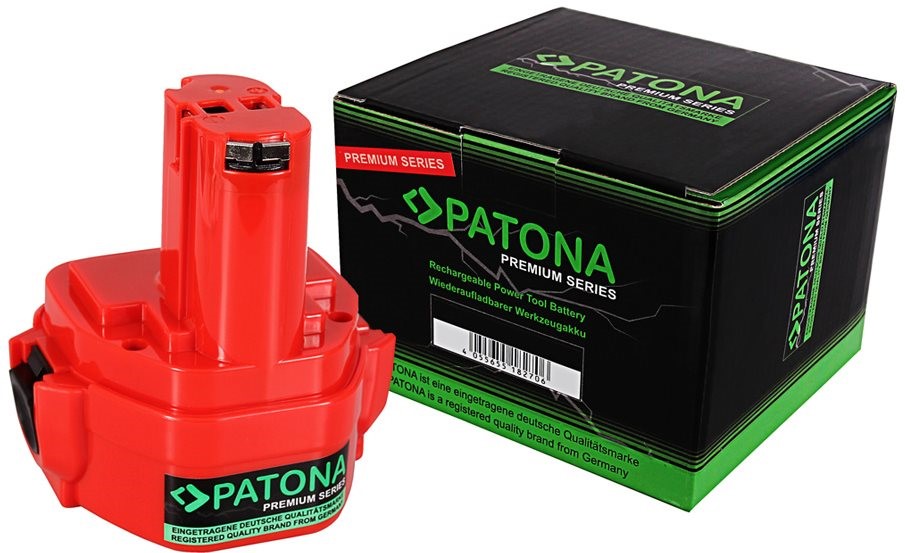
MAKITA - DOLMAR | autorizovaný e-shop - Makita DF330DWE - Aku šroubovák Li-ion 10,8V/1,3Ah - Makita - Li-ion 10,8V-12V - Aku vrtací šroubováky Makita, Akumulátorové stroje Makita - Makita-shop.cz

MAKITA - DOLMAR | autorizovaný e-shop - Makita DF488D002 - Aku vrtací šroubovák Li-ion 18V/1,5Ah G - Makita - Li-ion 18V - G serie - Aku vrtací šroubováky Makita, Akumulátorové stroje Makita - Makita-shop.cz























